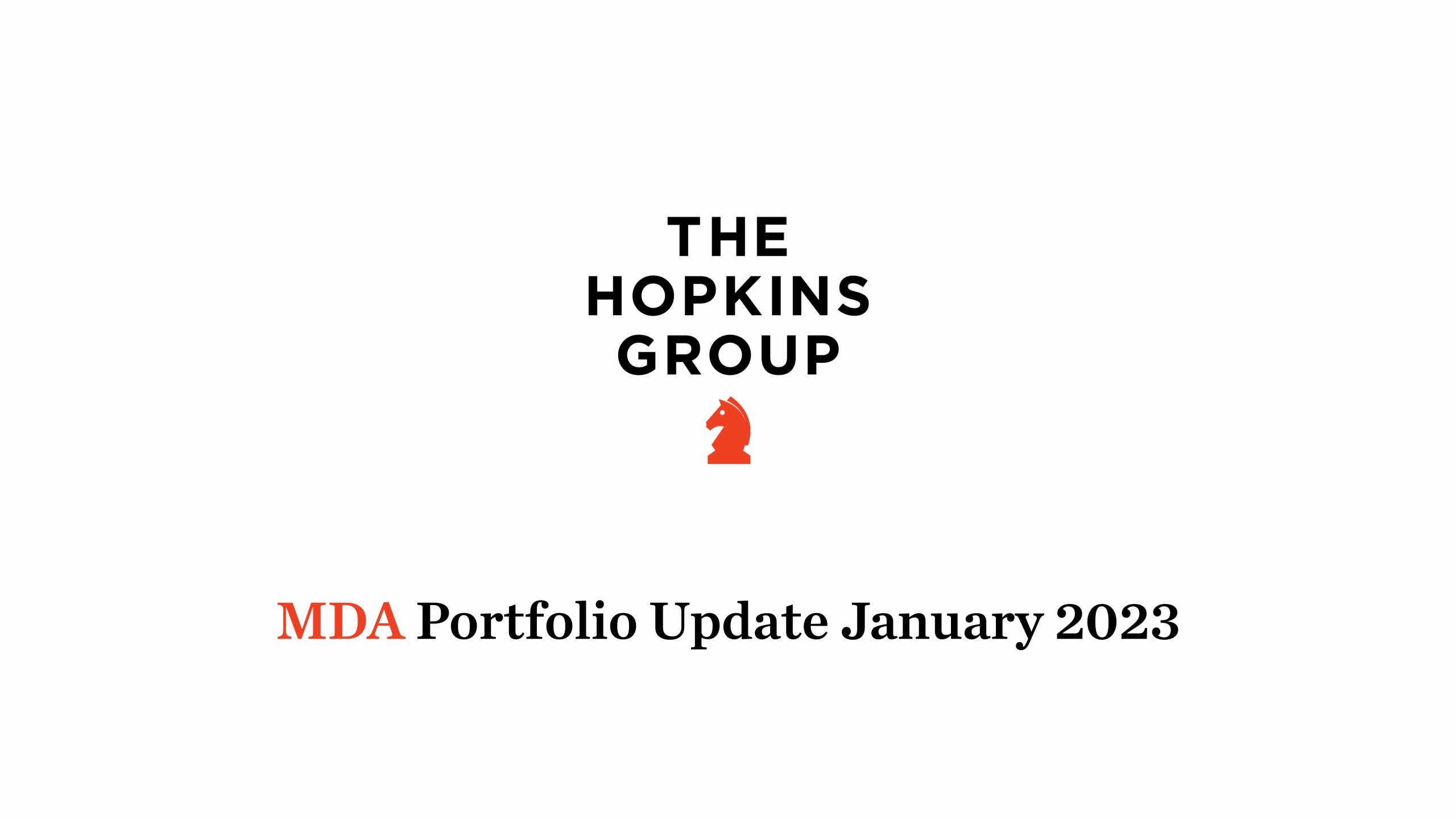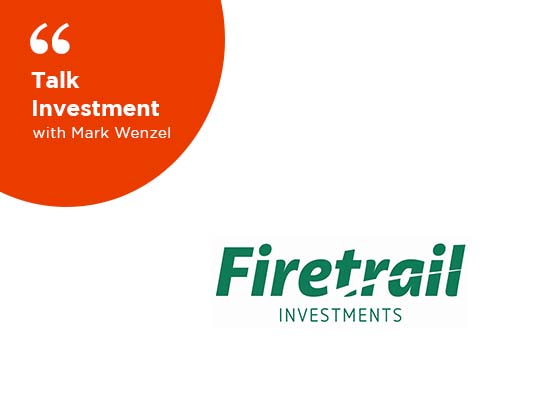What is a Class 1B Rooming House?
A Class 1B Rooming House is a multi-occupancy property that provides affordable and safe shared living accommodation for four or more individuals who rent rooms, with each having their own separate residential agreement.
Our newly built Rooming Houses usually provide an Ensuite and Kitchenette in each room, whilst the shared common areas would usually include the main Kitchen and Laundry. The rooms are typically rented out on a long-term basis.
Why Invest in a Class 1B Rooming House?
Investing in a Class 1B Rooming House provides the landlord with various financial and non-financial benefits.
The key financial benefits of investing in a Class 1B Rooming House include the following:
- Higher rental yield:Rooming houses provide a much higher rental yield, usually 3-4 times greater than traditional residential properties.
- High positive cash flow:With a gross rental yield that is usually a minimum of 10%, the property often delivers exceptionally high positive cashflow. Multiple tenancies also mitigate’s risk of your property ever becoming vacant.
- Tax benefits:Owning a rooming house often provides significantly more depreciation benefits than traditional properties, and are exempt from Land Tax if specific criteria is met.
- Flexible investment strategies:Rooming houses are usually held as long-term investments to generate significant cashflow or used to hold land at no cost – in fact make you money as you hold (land banking). It can also be sold as a Rooming House, or sometimes converted to a traditional rental property for sale if needed.
- Capital Gain: The residential land a Rooming house sits on will appreciate in value similar to any other residential land, so investors can often obtain both high positive cashflow and capital gain.
Additionally, there are non-financial benefits to investing in a Class 1B rooming house, such as:
- Diversification of your investment portfolio
- Progress straight to a Building Permit and avoid a Planning Permit application.
- Opportunity to positively impact communities by providing affordable housing options.
What are the Key Things to Remember When Investing in a Class 1B Rooming House?
- Zoning, Compliance and Regulations: Ensure the property meets the Victorian Planning Provisions, complies with the Building Code and other relevant legislation and regulations.
- Demands and supply:Research the market demand for affordable accommodation in the area. Usually there is very strong demand in most areas for quality and affordable Rooming House accommodation.
- Location:Ideally source property close to public transport, amenities and employment hubs.
- Maintenance and upkeep:Keep the property in good condition, which is essential for attracting and retaining tenants.
- Property Management: Utilise a Property Management service that specialize in Class 1B Rooming Houses to ensure quality tenant selection and management process, as well as having a solid understanding of compliance requirements.
- Insurance:Obtain appropriate ‘fit for purpose’ insurance coverage for a Class 1B Rooming
- Market trends:Stay up-to-date with market conditions and trends, such as the current and forecasted future critical demand for affordable rental housing, to make informed investment decisions.
Who rents rooms in Rooming Houses?
Today’s newly built modern day Rooming Houses are modern, clean, safe and usually cater for a degree of independent living.
They’re popular with a range of quality tenants with varying circumstances being singles or couples, retirees, young adults leaving home, those coming out of a relationship breakdown – particularly women 55+, professionals on a 12–24month relocation etc, trainee medical staff and defence personnel etc. The cost of renting a single room in a rooming house can range from $180 to $320 per week or more, with the average for a new modern day Rooming House currently sitting between $280 to $320 per week.
How are Rooming Houses Managed?
These properties are generally managed by an experienced rooming rental manager.
A rooming house must comply with government rules and regulations relating to privacy, security, safety, and amenity. They must also be registered with the local council and may be inspected to ensure standards are met. Clear codes of conduct and house rules ensure harmony among tenants, and a tenant may be removed if they disrupt the household. To ensure harmony, most rooming houses operate with a clear code of conduct. Everyone living on the property follows a set list of house rules, and an unruly tenant can be removed if they disrupt the household. Everyone carries the responsibility to look after their own room, so you cannot be held accountable if a housemate is slack with maintaining their room.
The Future of Rooming HousesClass 1B
With over 1,300 registered rooming houses in Victoria, renters can easily find a property that suits their needs. Furthermore, new properties are constantly under construction, offering modern, accessible, and furnished accommodation with generous courtyards and spacious balconies.
Rooming houses offer a viable solution for those tenants feeling pressure from rising rental prices or wishing to minimise their rental payments and for investors they provide a profitable long-term investment.
What Should I Do Next If I Am Interested in Investing in Class 1B Rooming House?
The Class 1B Rooming House landscape can be very complex. There are numerous stages involved that range from site selection, design, build, compliance and property management.
Working with experienced and knowledgeable professionals in the Class 1B Rooming House space is vitally important to mitigate risk and ensure a smooth process throughout.
Investing in Rooming Houses:
To explore the option in detail, please book an obligation-free consultation with Steve Boyd, our Head of Specialist Property Investment via sboyd@thehopkinsgroup.com.au or call 0419 393 628.
Mortgage & Lending Options:
For more information on your lending and mortgage option, please book a consultation with our Property Mortgage Specialist, Loreen Dyer via ldyer@thehopkinsgroup.com.au or call 0411 337 010.
Property Management & Existing Property Conversion:
If you have an existing Class 1B Rooming House property or want to convert an existing property into one, please book a consultation with our Business Development Manager, Sarah Holdsworth via sholdsworth@thehopkinsgroup.com.au or call 0466 247 566.
Financial & Investment Portfolio Advisor:
If you want to explore how a rooming house can complement and maximise your existing wealth-building investment strategy, please book a consultation with our senior financial advisory, David Romanovski vis dromanovski@thehopkinsgroup.com.au or call 0466 247 566.





